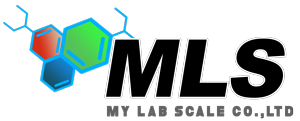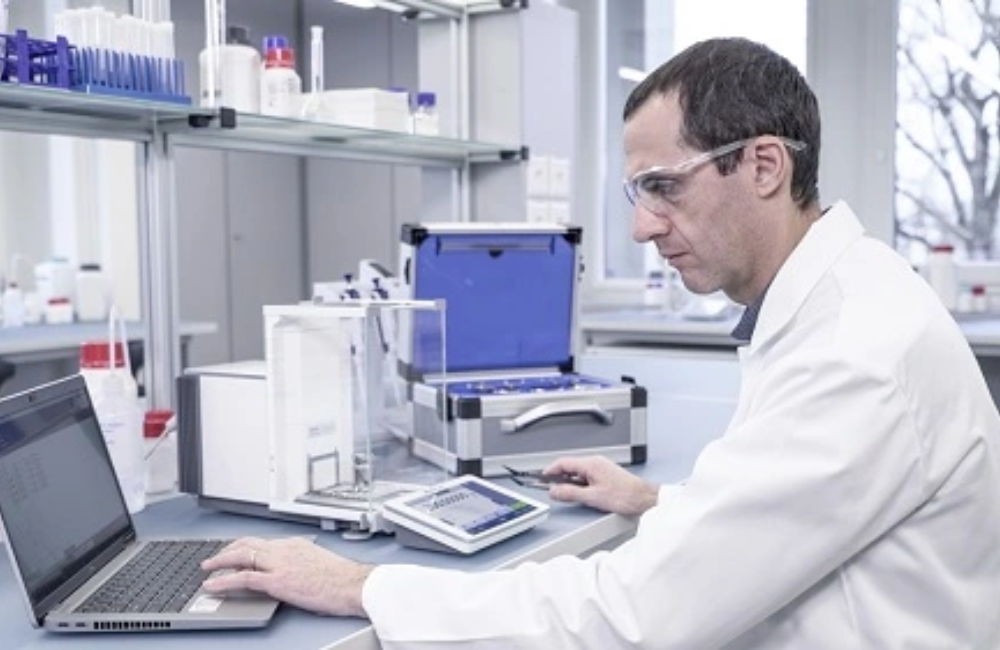

“เคล็ดลับการใช้เครื่องมือวิเคราะห์ในห้องปฎิบัติการสู่ผลลัพธ์ที่น่าเชื่อถือ และ มั่นใจ ”
วัตถุประสงค์
1.เพื่อให้ผู้เข้าร่วมสามารถเลือกใช้อุปกรณ์ pH Meter และ Moisture Analyzer ได้อย่างเหมาะสมกับประเภทตัวอย่าง โดยเข้าใจหลักเกณฑ์ในการเลือกหัววัด (Electrode) และการตั้งค่าที่จำเป็นในแต่ละงาน
2.เพื่อให้ผู้เข้าร่วมมีความรู้ความเข้าใจในกระบวนการปรับเทียบ (Calibration) และ การประเมินความพร้อมใช้งานของเครื่องวัด โดยอ้างอิงมาตรฐานการใช้งานจริงในห้องปฏิบัติการ
3.เพื่อส่งเสริมการบำรุงรักษาและการดูแลรักษาเครื่องมือ Mettler Toledo อย่างถูกต้อง ลดความเสี่ยงของความคลาดเคลื่อนจากอุปกรณ์ และยืดอายุการใช้งานเครื่อง
จัดใน วัน ศุกร์ ที่ 20 มิถุนายน 2568 เวลา 08:30 – 16:30
ณ โรงแรมส้มโอเฮ้าส์ โคราช
Calibration and Qualification in Accordance with GMP Requirements
Weighing According to GMP Requirements
Program Overview
- What GMP is and why it is important in weighing
- How to apply GMP requirements to your processes
- What calibration and qualification of weighing instruments are
- How equipment qualification is done in a way that satisfies GMP requirements
- How METTLER TOLEDO can support you in getting weighing calibration and qualification under control
This webinar explains what calibration and qualification of weighing instruments are and why these related concepts are important for Good Manufacturing Practice. It also shows how to seamlessly incorporate these important concepts into a weighing process to ensure both weighing accuracy and product quality.
In the highly regulated pharmaceutical and medical device industries, even the smallest inconsistencies can lead to serious product issues. As weighing instruments and applications are present in almost every stage of a manufacturing workflow, they can strongly influence the quality and integrity of the final product.
Good Manufacturing Practice or GMP is a regulation that is applicable to any pharmaceutical production process. It ensures that pharmaceutical products are consistently produced and controlled according to quality standards.
Weighing according to GMP requirements
In many countries, GMP has been integrated into national laws that must be followed by pharmaceutical manufacturers.







